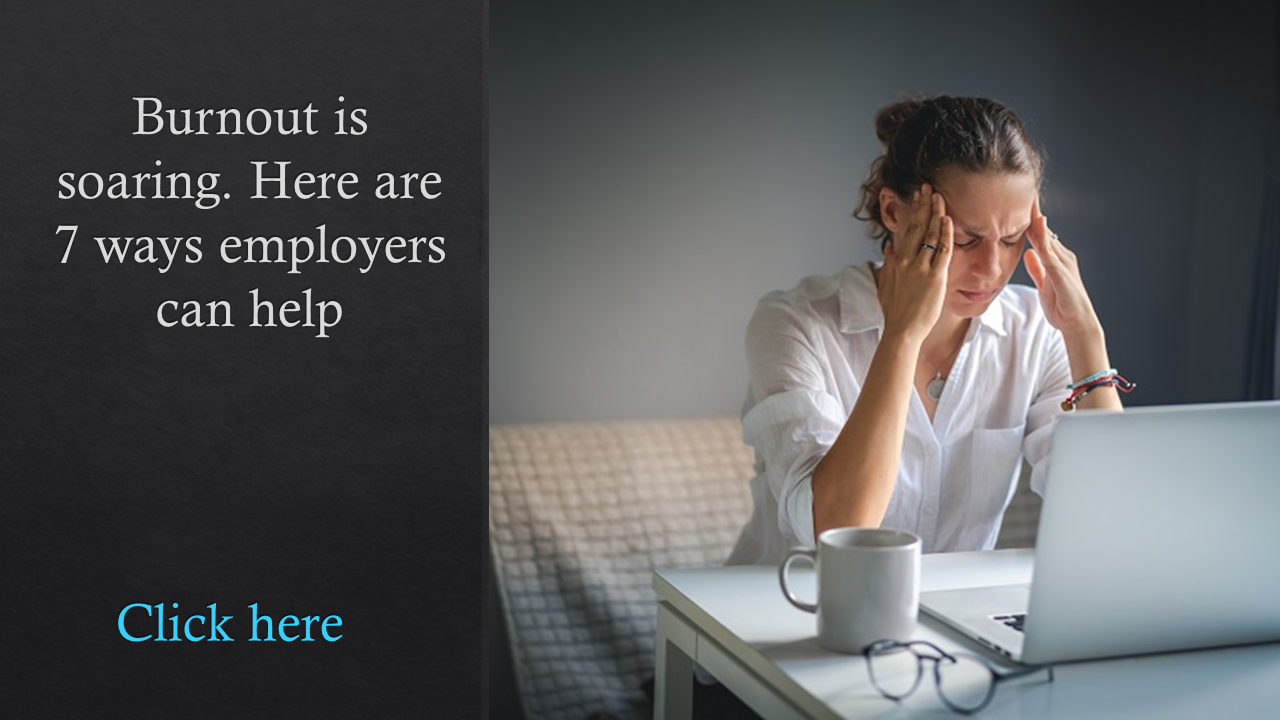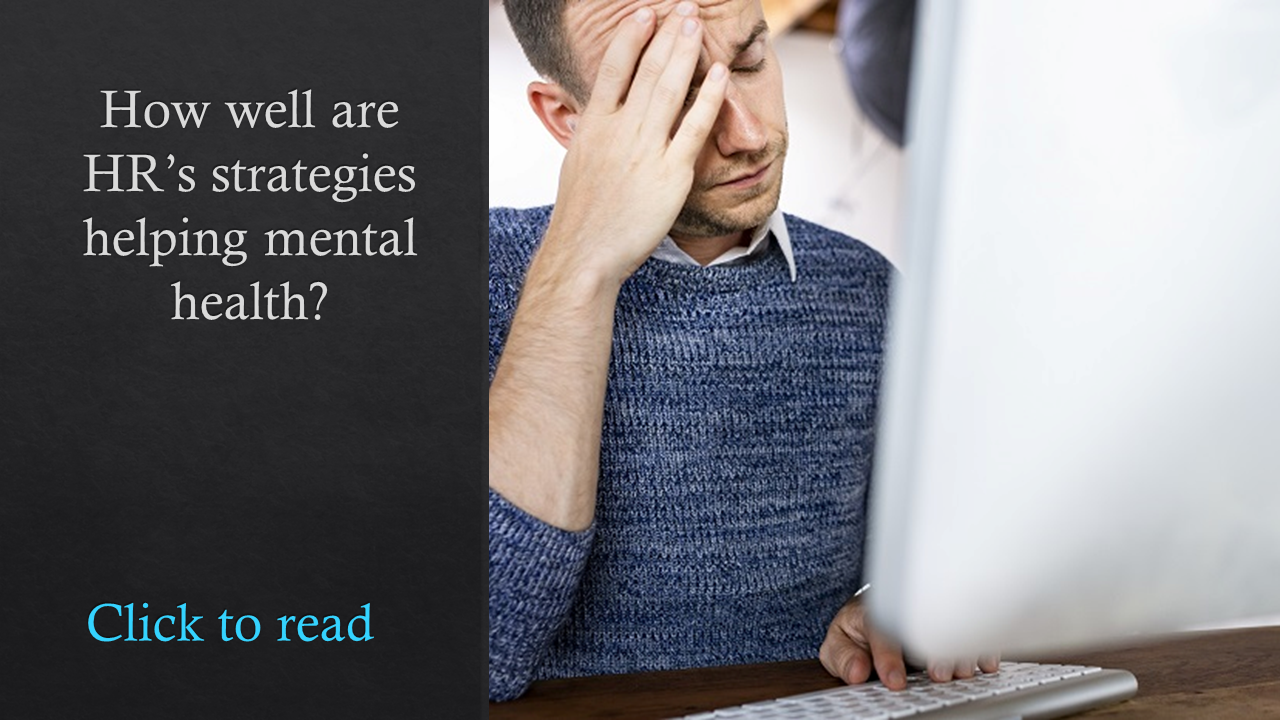With the highly contagious COVID-19 Delta variant on the rise, mandatory vaccination requirements are becoming more prevalent in the workplace. Unless prohibited by law or a collective bargaining agreement, employers are free to determine the terms and conditions of work, including that vaccination against COVID is an essential safety rule and qualification for employment. In addition, OSHA compels almost every employer to provide workers a place of employment free from recognized hazards likely to cause death or serious physical harm. Nothing in modern times falls more directly into the category of a recognized hazard than COVID.
Related: Vaccine mandates now required: What to know about Biden’s new rules
Those who object to getting the vaccine increasingly are responding by seeking an exemption based on their religious beliefs. Federal civil rights laws such as Title VII of the Civil Rights Act of 1964, and similar state and local anti-discrimination laws, make it unlawful for an employer to discriminate against an employee or a prospective employee on the basis of his or her religion. Employers must accommodate employees’ religious beliefs that are “sincerely held.” A religious accommodation is an adjustment to the work environment in order to allow the employee to comply with his or her religious beliefs.

Even though almost all organized religions support vaccination, the EEOC definition of “religion” is so broad that it encompasses an infinite universe of religious beliefs and practices. A belief is religious, as opposed to a “social, political or economic philosophy,” for Title VII purposes, the EEOC Compliance Manual on Religious Accommodation states, if it is “religious” in the person’s “own scheme of things,” i.e., it is a “sincere and meaningful” belief that “occupies a place in the life of its possessor parallel to that filled by … God.” The individual employee’s sincerity in espousing a religious observance or practice is “largely a matter of individual credibility.”
Unfortunately, neither the EEOC nor the courts have provided employers with a workable “test” for analyzing a religious accommodation request.
Certainly, the EEOC did not anticipate COVID, the Delta variant, the need for mandatory vaccinations, that those opposed to vaccination would co-opt religious accommodation law for their own purposes, or that a cottage industry comprised of websites, YouTube videos and Facebook pages would arise to help those seeking to avoid vaccination do so more effectively.
Related: 6 experts on what Biden’s employer vaccine mandate means to HR
Employee safety is ‘highly relevant’
An employer has three responses when it comes to answering a request for religious accommodation.
- Accept the application.
- Reject the application on the basis that the employee’s belief is “insincere.”
- Or decide that accommodating the request would cause it an “undue burden” by requiring the employer to incur more than a “de minimis cost.”
Almost 50 years ago, the US Supreme Court in deciding Trans World Airlines v. Hardison ruled that TWA need not upset the seniority system set forth in its union contract in order to accommodate an employee’s religious belief that precluded him from working Saturdays. The court rejected proposals that the plaintiff’s Saturday shift be filled by co-workers at premium rates or by a supervisor from another department. Both alternatives would involve costs to TWA in the form of “lost efficiency or higher wages” because they would require TWA to bear more than a de minimis cost.
Although certain justices recently have voiced displeasure with the de minimis standard, it remains the law. Just this past April, the court reaffirmed the de minimis standard by refusing to hear two cases from the 11th Circuit Court of Appeals in which the employer refused to grant religious accommodations based on undue hardship.
See also: More on vaccines and employment law
In general, employers have not found it difficult to sustain an undue hardship defense when accommodating a religious belief would compromise workplace safety. For example, in a case involving the New York Transit Authority, an employee requested an accommodation exempting him from the employer’s policy requiring car inspectors to wear hard hats for their personal safety and in compliance with OSHA regulations. The court found that the potential risk of injury to the plaintiff, as well as potential injury to his coworkers who may be called to rescue him should he become incapacitated, required the employer to bear risks that would result in undue hardship.
“Safety considerations are highly relevant in determining whether a proposed accommodation would produce an undue hardship on the employer’s business,” read the finding in Kalsi v. New York City Transit Auth. Similarly, the NYPD established undue hardship when it declined an Orthodox Jewish officer’s request to forgo shaving because he would not be able to effectively wear a respirator that required a tight facial seal, thereby precluding him from responding to certain emergencies with his fellow officers.
 It is important to note that the de minimis standard is a federal one, and state and local anti-discrimination laws may have their own standards for what constitutes undue hardship. For example, the religious accommodation “undue hardship” standard in New York State’s Human Rights Law is tougher than Title VII’s for it is “an accommodation requiring significant expense or difficulty (including a significant interference with the safe or efficient operation of the workplace or a violation of a bona fide seniority system).” (emphasis added)
It is important to note that the de minimis standard is a federal one, and state and local anti-discrimination laws may have their own standards for what constitutes undue hardship. For example, the religious accommodation “undue hardship” standard in New York State’s Human Rights Law is tougher than Title VII’s for it is “an accommodation requiring significant expense or difficulty (including a significant interference with the safe or efficient operation of the workplace or a violation of a bona fide seniority system).” (emphasis added)
New York City, which has its own human rights law, concerned that the federal de minimis standard was too low, amended its law in 2011 to add an undue hardship definition that mirrors the state law. There is, however, a paucity of case law in New York about where, in the religious accommodation context, “de minimis cost leaves off” and where “significant expense” begins. Given, however, the danger posed by the Delta variant and New York state and city’s pro-mandatory vaccine mandates and orientation, it is likely that employers will be able to successfully argue that employee vaccination is essential if employers are to safely or efficiently operate their workplace.
The upshot is that employees may find that their religious beliefs will not shield them from their employer’s mandatory vaccination rule; many will have no legal recourse and may have to choose between employment and vaccination.
The need to maintain a safe workplace, and the fact that the government is looking to vaccination mandates to increase vaccination rates, will place significant pressure on employers to implement mandatory vaccination programs and, in order to maintain the integrity of those programs, to reject most requests for religious accommodation.



